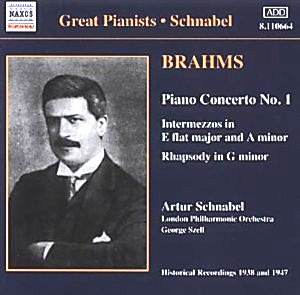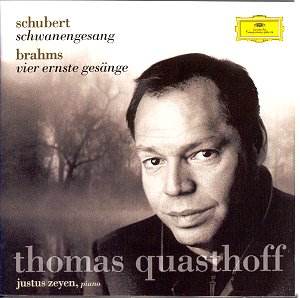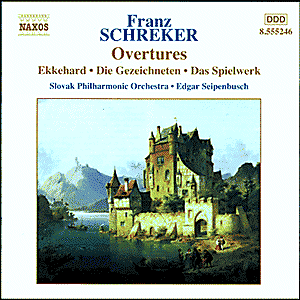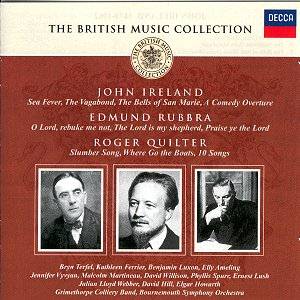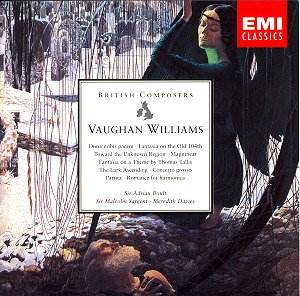 Composer: Ralph Vaughan Williams
Composer: Ralph Vaughan Williams
Works: Toward the Unknown Region, Dona nobis pacem, Fantasia (quasi variazione) on the Old 104th Psalm Tune, Magnificat, Partita, Concerto Grosso, Fantasia on a theme by Thomas Tallis, Romance in D flat, The Lark Ascending
Performers: Sheila Armstrong (soprano), Helen Watts (contralto), John Carol Case (baritone), Peter Katin (pianoforte), Jean Pougnet (violin), Christopher Hyde-Smith (flute), Larry Adler (harmonica), Ambrosian Singers, BBC Symphony Orchestra, London Philharmonic Choir, London Philharmonic Orchestra, Philharmonia Orchestra, conducted by Sir Adrian Boult, Meredith Davies, Sir Malcolm Sargent
Recording: Various dates from 1952 to 1975, Kingsway Hall, London; No. 1 Studio Abbey Road, London; St. Augustine’s, Kilburn
Label: EMI
The EMI collection featuring the works of Ralph Vaughan Williams offers a rich tapestry of his musical exploration, encapsulating the evolution of one of Britain’s most significant composers. Spanning various periods of his career, this compilation presents an intriguing juxtaposition of both well-known and lesser-known pieces that collectively illuminate Vaughan Williams’s ceaseless quest for innovation amid the pastoral traditions of British music. While the composer is often associated with a serene, pastoral aesthetic, this recording challenges listeners to appreciate the more complex and experimental facets of his oeuvre.
The opening work, “Toward the Unknown Region,” serves as a fascinating entry point, showcasing Vaughan Williams’s early adoption of Walt Whitman’s unconventional verse. The performance, conducted by Sir Adrian Boult, while historically significant, struggles with a lack of cohesion in the choral and orchestral forces. The initial sections feel scattered, with the choir’s sound failing to coalesce into a unified entity, though the intensity of the second part is more compelling. Boult’s interpretation, while rooted in tradition, does not fully exploit the emotional weight of Whitman’s text, leaving the listener yearning for a more integrated experience.
“Dona nobis pacem,” a work that fuses liturgical texts with the poignant poetry of Whitman, emerges as the highlight of the collection. Here, the synergy between the performers and conductor elevates the music to a profound statement on peace and humanity. The emotional resonance is palpable, particularly in the baritone’s plea, “for my enemy is dead,” which evokes a timeless urgency that transcends its historical context. The recording’s clarity allows for the intricate interplay among the voices and orchestra to shine, making it a definitive interpretation that stands apart from other renditions, including those by more contemporary conductors.
In contrast, the “Fantasia on a theme by Thomas Tallis” demonstrates Vaughan Williams’s mastery of orchestral color and texture. The Philharmonia Orchestra’s performance, under Sir Malcolm Sargent, captures the ethereal qualities of the work, though it lacks the depth of Boult’s approach in his later recordings. The sound engineering effectively highlights the string textures, allowing the harmonic progressions to unfold with a haunting beauty. However, one cannot help but feel that a more adventurous interpretation could elicit an even greater emotional response, as demonstrated in some of the more recent performances that have emerged in the past decades.
Technical aspects of the recording quality are generally commendable, though the varying dates of the sessions lead to some inconsistency in sound. The 1970 sessions, particularly for the “Magnificat,” reveal a more polished engineering approach, with a vibrant orchestral presence that enhances the work’s complex scoring. Meredith Davies’s direction elicits a nuanced interpretation that balances the contrasting elements of solemnity and grandeur inherent in Vaughan Williams’s choral writing.
Throughout the collection, Vaughan Williams’s penchant for experimentation is evident, particularly in works like the “Concerto Grosso” and the “Romance for Harmonica.” The former invites a range of performers to contribute according to their skill level, reflecting the composer’s dedication to education and accessibility in music. The latter, featuring Larry Adler, showcases the harmonica’s unique voice in a manner that resonates with both nostalgia and innovation. Yet, while these pieces offer interest, they do not achieve the universal acclaim of the more established works included in this set.
The EMI collection ultimately serves as a valuable resource for both the seasoned Vaughan Williams aficionado and the curious listener. It encapsulates a pivotal period in British music history, revealing the complexities and subtleties of a composer who continually sought to expand his artistic horizons. The standout pieces—particularly “Dona nobis pacem” and the “Tallis Fantasia”—affirm Vaughan Williams’s place not only within the British canon but also as a significant voice in the broader European context. This collection, though uneven in execution, remains a testament to a composer whose music continues to resonate with contemporary audiences.
